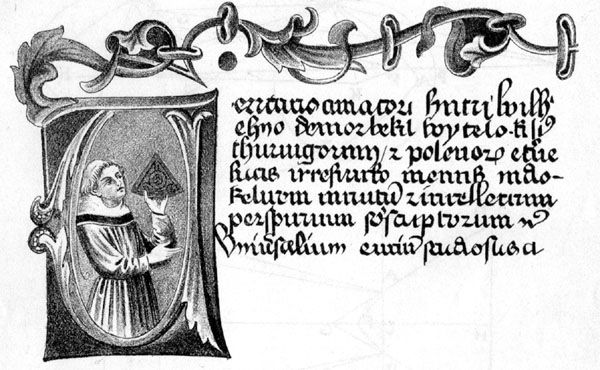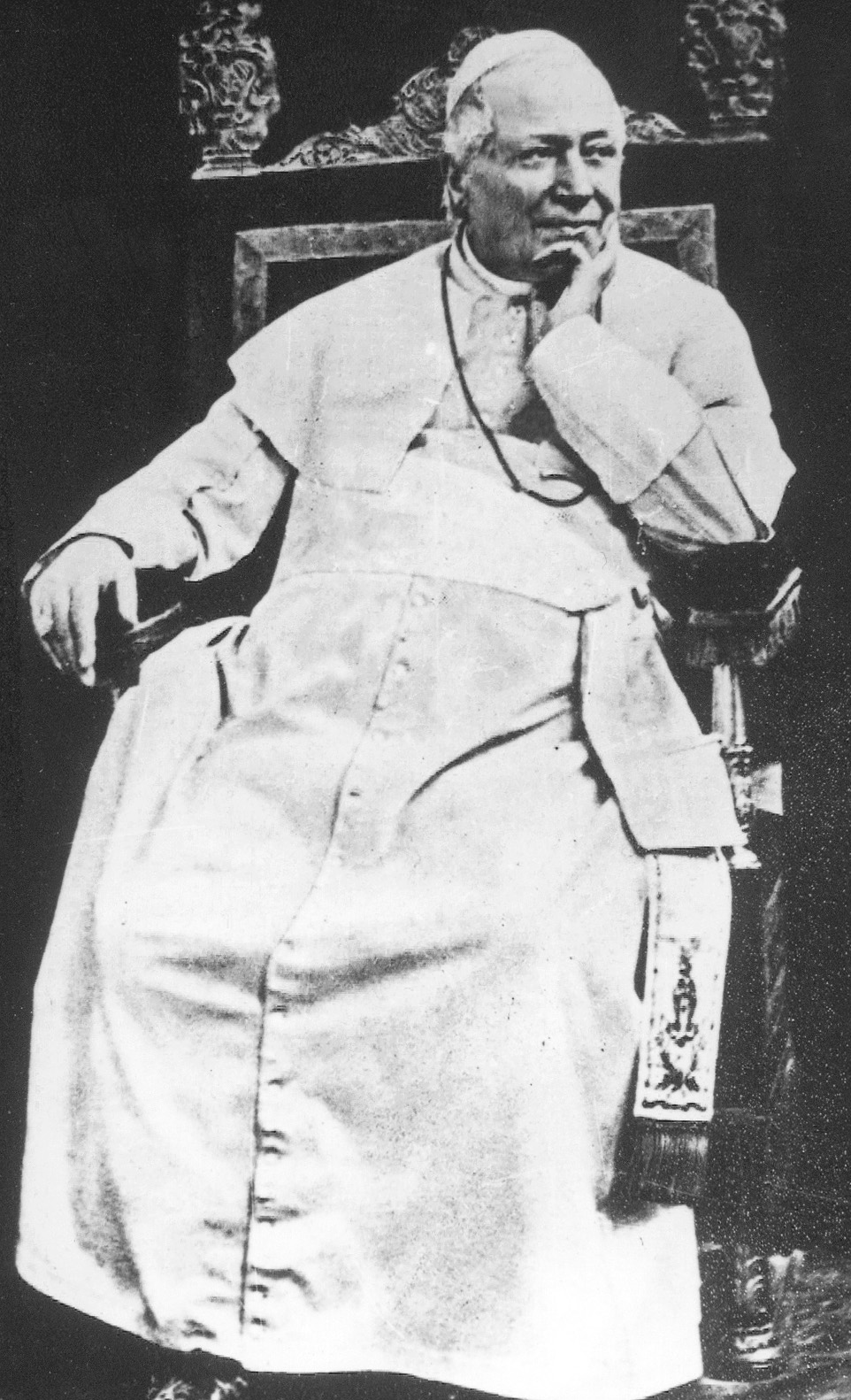|
Positivism In Poland
Polish Positivism was a social, literary and philosophical movement that became dominant in late-19th-century partitioned Poland following the suppression of the January 1863 Uprising against the Russian Empire. The Positivist period lasted until the turn of the 20th century and the advent of the modernist Young Poland movement.Czesław Miłosz ''The History of Polish Literature'', pp. 281–321."Positivism." ''University of California Press'', 1983. . Retrieved October 10, 2011. Overview In the aftermath of the 1863 Uprising, many thoughtful Poles argued against further attempts to regain independence from the partitioning powers – the Russian Empire, the Kingdom of Prussia, and the Austro-Hungarian Empire – by force of arms. In their polemics over forms of resistance, published between 1868 and 1873 in ''Przegląd tygodniowy'' (The Weekly Review) and ''Prawda'' (Truth), they – often reluctantly and only partially – discarded the literary stylistics of the ear ... [...More Info...] [...Related Items...] OR: [Wikipedia] [Google] [Baidu] |
History Of Philosophy In Poland
The history of philosophy in Poland parallels the evolution of philosophy in Europe in general. Overview Polish philosophy drew upon the broader currents of European philosophy, and in turn contributed to their growth. Some of the most momentous Polish contributions came, in the thirteenth century, from the Scholastic philosopher and scientist Vitello, and, in the sixteenth century, from the Renaissance polymath Nicolaus Copernicus. Subsequently, the Polish–Lithuanian Commonwealth partook in the intellectual ferment of the Enlightenment, which for the multi-ethnic Commonwealth ended not long after the 1772-1795 partitions and political annihilation that would last for the next 123 years, until the collapse of the three partitioning empires in World War I. The period of Messianism, between the November 1830 and January 1863 Uprisings, reflected European Romantic and Idealist trends, as well as a Polish yearning for political resurrection. It was a period of maximalist ... [...More Info...] [...Related Items...] OR: [Wikipedia] [Google] [Baidu] |
The Outpost (Prus Novel)
''The Outpost'' (Polish title: ''Placówka'') was the first of four major novels by the Polish writer Bolesław Prus. The author, writing in a Poland that had been partitioned a century earlier by Russia, Prussia and Austria, sought to bring attention to the plight of rural Poland, which had to contend with poverty, ignorance, neglect by the country's upper crust, and colonization by German settlers backed by Otto von Bismarck's German government. Composition Prus began writing ''The Outpost'' as early as 1880, initially titling it ''Nasza placówka'' (Our Outpost), but soon suspended work on it in favor of close observation of rural life, chiefly around Nałęczów, where he vacationed for 30 years from 1882 until his death. He resumed work on the novel in 1884. Written in installments, ''The Outpost'' was serialized in the illustrated weekly, ' (The Wanderer) between March 19, 1885, and May 20, 1886. The first book edition appeared in 1886. Plot ''The Outpost'' is a study ... [...More Info...] [...Related Items...] OR: [Wikipedia] [Google] [Baidu] |
Patriotism
Patriotism is the feeling of love, devotion, and sense of attachment to one's country. This attachment can be a combination of many different feelings, language relating to one's own homeland, including ethnic, cultural, political or historical aspects. It encompasses a set of concepts closely related to nationalism, mostly civic nationalism and sometimes cultural nationalism. Some manifestations of patriotism emphasize the "land" element in love for one's native land and use the symbolism of agriculture and the soil – compare '' Blut und Boden''. Terminology and usage An excess of patriotism in the defense of a nation is called chauvinism; another related term is ''jingoism''. The English word 'Patriot' derived from "Compatriot," in the 1590s, from Middle French "Patriote" in the 15th century. The French word's "Compatriote" and "Patriote" originated directly from Late Latin Patriota "fellow-countryman" in the 6th century. From Greek Patriotes "fellow countryman," ... [...More Info...] [...Related Items...] OR: [Wikipedia] [Google] [Baidu] |
National Identity
National identity is a person's identity or sense of belonging to one or more states or to one or more nation, nations. It is the sense of "a nation as a cohesive whole, as represented by distinctive traditions, culture, and language". National identity may refer to the subjective feeling one shares with a group of people about a nation, regardless of one's legal citizenship status. National identity is viewed in psychological terms as "an awareness of difference", a "feeling and recognition of 'we' and 'they'". National identity also includes the general population and diaspora of Multi-ethnic state, multi-ethnic states and societies that have a shared sense of common identity identical to that of a nation while being made up of several component ethnic groups. Hyphenated ethnicity, Hyphenated ethnicities are an example of the confluence of multiple ethnic and national identities within a single person or entity. As a collective phenomenon, national identity can arise as a direc ... [...More Info...] [...Related Items...] OR: [Wikipedia] [Google] [Baidu] |
Zygmunt Szweykowski
Zygmunt Szweykowski (7 April 1894 in Krośniewice – 11 February 1978 in Poznań) was a historian of Polish literature who specialized in 19th-century Polish prose. Life In 1932-39, Szweykowski held a professorship at the Free Polish University (''Wolna Wszechnica Polska'') in Warsaw and Łódź."Szweykowski, Zygmunt," ''Encyklopedia powszechna PWN'' (PWN Universal Encyclopedia), vol. 4, p. 370. During the World War II Nazi occupation of Poland, he participated, at the risk of his life, in underground university teaching in Warsaw. From 1946 he held a chair at Poznań University. In 1950 he was inducted into the Polish Academy of Learning, and in 1951 into the Polish Academy of Sciences. Szweykowski studied the 19th-century Polish novel. His books in this field included ''Powieści historyczne Henryka Rzewuskiego'' (The Historical Novels of Henryk Rzewuski, 1922) and ''Trylogia Sienkiewicza'' ( Sienkiewicz's ''Trilogy'', 1961). His specialty, however, was the writings of Bole ... [...More Info...] [...Related Items...] OR: [Wikipedia] [Google] [Baidu] |
Prussian Deportations
The Prussian deportations, also known as the Prussian expulsions of Poles ( pl, rugi pruskie, german: Polenausweisungen), were the mass expulsions of Poles from the German-controlled Prussia between 1885 and 1890. More than 30,000 Poles from Austrian and Russian Partition of Poland who did not obtain German citizenship when German Empire was formed in 1871 were deported from the Prussian part of divided Poland to the respective Austrian and Russian Partitions of the no-longer existing Commonwealth. The deportations were carried out in an inhumane way, and had their foundation in ethnic discrimination. The county-wide expulsion was condemned by the Polish public as well as the federal German parliament. The expulsion also contributed to the worsening of the German-Russian relations. In the aftermath, Poles without German citizenship were again allowed to work and reside in the German Empire in all seasons but the winter. It is regarded as an early example of ethnic cleansing. ... [...More Info...] [...Related Items...] OR: [Wikipedia] [Google] [Baidu] |
Kulturkampf
(, 'culture struggle') was the conflict that took place from 1872 to 1878 between the Catholic Church led by Pope Pius IX and the government of Prussia led by Otto von Bismarck. The main issues were clerical control of education and ecclesiastical appointments. A unique feature of , compared to other struggles between the state and the Catholic Church in other countries, was Prussia's anti-Polish component. By extension the term is sometimes used to describe any conflict between secular and religious authorities or deeply opposing values, beliefs between sizable factions within a nation, community, or other group. Background Europe and the Catholic Church Under the influence of new emerging philosophies and ideologies, such as the enlightenment, realism, positivism, materialism, nationalism, secularism, and liberalism, the role of religion in society and the relationship between society and established churches underwent profound changes in the 18th and 19th centuries. Po ... [...More Info...] [...Related Items...] OR: [Wikipedia] [Google] [Baidu] |
History Of The Jews In Poland
The history of the Jews in Poland dates back at least 1,000 years. For centuries, Poland was home to the largest and most significant Ashkenazi Jewish community in the world. Poland was a principal center of Jewish culture, because of the long period of statutory religious tolerance and social autonomy which ended after the Partitions of Poland in the 18th century. During World War II there was a nearly complete genocidal destruction of the Polish Jewish community by Nazi Germany and its collaborators of various nationalities, during the German occupation of Poland between 1939 and 1945, called the Holocaust. Since the fall of communism in Poland, there has been a renewed interest in Jewish culture, featuring an annual Jewish Culture Festival, new study programs at Polish secondary schools and universities, and the opening of Warsaw's Museum of the History of Polish Jews. From the founding of the Kingdom of Poland in 1025 until the early years of the Polish–Lithuan ... [...More Info...] [...Related Items...] OR: [Wikipedia] [Google] [Baidu] |
Cultural Assimilation
Cultural assimilation is the process in which a minority group or culture comes to resemble a society's majority group or assume the values, behaviors, and beliefs of another group whether fully or partially. The different types of cultural assimilation include full assimilation and forced assimilation; full assimilation being the most prevalent of the two, as it occurs spontaneously. During cultural assimilation, minority groups are expected to adapt to the everyday practices of the dominant culture through language and appearance as well as via more significant socioeconomic factors such as absorption into the local cultural and employment community. Some types of cultural assimilation resemble acculturation in which a minority group or culture completely assimilates into the dominant culture in which defining characteristics of the minority culture are less obverse or outright disappear; while in other types of cultural assimilation such as cultural integration mostly fo ... [...More Info...] [...Related Items...] OR: [Wikipedia] [Google] [Baidu] |
Women's Rights
Women's rights are the rights and entitlements claimed for women and girls worldwide. They formed the basis for the women's rights movement in the 19th century and the feminist movements during the 20th and 21st centuries. In some countries, these rights are institutionalized or supported by law, local custom, and behavior, whereas in others, they are ignored and suppressed. They differ from broader notions of human rights through claims of an inherent historical and traditional bias against the exercise of rights by women and girls, in favor of men and boys.Hosken, Fran P., 'Towards a Definition of Women's Rights' in ''Human Rights Quarterly'', Vol. 3, No. 2. (May 1981), pp. 1–10. Issues commonly associated with notions of women's rights include the right to bodily integrity and autonomy, to be free from sexual violence, to vote, to hold public office, to enter into legal contracts, to have equal rights in family law, to work, to fair wages or equal pay, to have ... [...More Info...] [...Related Items...] OR: [Wikipedia] [Google] [Baidu] |
Civil Rights
Civil and political rights are a class of rights that protect individuals' freedom from infringement by governments, social organizations, and private individuals. They ensure one's entitlement to participate in the civil and political life of society and the state without discrimination or repression. Civil rights include the ensuring of peoples' physical and mental integrity, life, and safety; protection from discrimination on grounds such as sex, race, sexual orientation, national origin, color, age, political affiliation, ethnicity, social class, religion, and disability; and Individual and group rights, individual rights such as privacy and the freedom of freedom of thought, thought, freedom of speech, speech, freedom of religion, religion, freedom of the press, press, freedom of assembly, assembly, and freedom of movement, movement. Political rights include natural justice (procedural fairness) in law, such as the rights of the accused, including the right ... [...More Info...] [...Related Items...] OR: [Wikipedia] [Google] [Baidu] |


_01.jpg)




